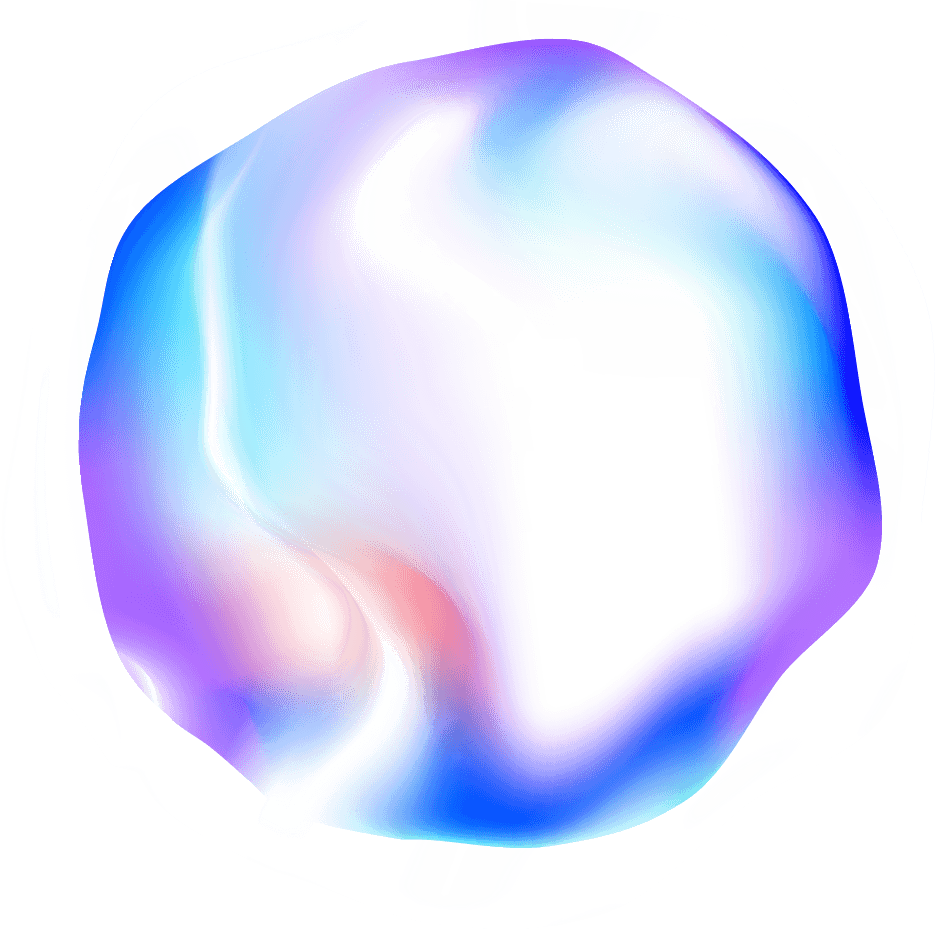In an increasingly digital world, data security has become one of the most pressing challenges for businesses—especially as artificial intelligence (AI) tools become integral to daily operations. As companies integrate AI to automate processes, generate insights, and enhance customer experiences, concerns about data privacy and control escalate. The solution gaining momentum in 2025 is the closed AI ecosystem—a secure, contained environment where data shared with AI remains exclusively owned and controlled by the user or organization.
This article explores why closed AI ecosystems are fundamental for data security in 2025, how they address privacy concerns, and how platforms like Boss AI exemplify these principles to help small and medium-sized businesses (SMBs) thrive securely.
The Rising Importance of Data Security in AI Adoption
AI adoption has skyrocketed across industries, with Gartner predicting that by 2025, 75% of enterprises will operationalize AI in multiple business functions. While AI unlocks significant benefits such as automation, predictive analytics, and personalized customer engagement, it also introduces new vulnerabilities:
Sensitive data exposure
Unauthorized data sharing or use
Compliance risks with evolving regulations such as GDPR and CCPA
These concerns make it critical for businesses, especially SMBs who may lack extensive cybersecurity teams, to choose AI solutions that safeguard their data from misuse or leaks.
What Is a Closed AI Ecosystem?
A closed AI ecosystem is a controlled environment where data processed by AI remains strictly within the platform's boundaries, with no external sharing unless explicitly authorized by the user. Unlike open AI models that may leverage shared datasets or cloud-based learning that can expose data to third parties, closed ecosystems:
Keep all input data proprietary to the organization
Ensure that trained AI models do not inadvertently share learned information
Offer transparent data governance and compliance controls
In practice, this means the AI platform acts as a secure vault: data is analyzed and processed internally, and outputs are delivered without risking leakage or unauthorized access.
Why Closed AI Ecosystems Matter for SMBs
Small and medium businesses operate with limited resources but manage highly sensitive information—whether customer data, financial records, or strategic plans. Closed AI ecosystems offer SMBs the following advantages:
1. Data Privacy and Ownership
Data privacy is non-negotiable, especially under stringent laws like GDPR (General Data Protection Regulation) in Europe or CCPA (California Consumer Privacy Act) in the US. Closed AI platforms guarantee that SMBs retain full ownership of their data, minimizing the risk of breaches or misuse by third parties.
2. Compliance Made Easier
Regulatory compliance is complex and costly. Closed AI ecosystems provide built-in compliance features, audit trails, and data handling policies aligned with international standards—reducing the burden on SMBs to manage these challenges independently.
3. Enhanced Security Posture
By limiting data access and processing to a sealed environment, closed ecosystems reduce the attack surface for cyber threats. They can implement advanced encryption, access controls, and monitoring without exposing data to external networks.
Case Study: Boss AI’s Closed Ecosystem Model
Boss AI, a cutting-edge AI business assistant designed for SMBs, exemplifies the power of a closed AI ecosystem. Operating exclusively within a secure platform, Boss AI ensures that all data—whether it’s business analytics, workflow automation, or customer communications—remains the sole property of the client company.
This closed system offers:
End-to-end encryption of data in transit and at rest
Zero data sharing with third-party vendors or cloud providers
Full compliance with global data protection laws
Integration capability with Sirius AI Tech’s suite (Seferi, Calling AI, CVUS), maintaining security across multiple business functions
Boss AI’s approach enables SMBs to harness AI-driven insights without compromising their most valuable asset: data security.
Academic Insights Supporting Closed AI Ecosystems
Recent studies underscore the importance of closed AI systems for enterprise data security. For example, a 2024 report by the International Journal of Information Security highlights that organizations utilizing closed AI architectures experienced 40% fewer data breaches than those using open AI models.
Additionally, the Harvard Business Review emphasizes that data sovereignty—where companies control their own data—is increasingly essential as regulations tighten and cyber threats evolve. Closed AI ecosystems provide a structural approach to maintaining sovereignty while leveraging AI benefits.
The Future Outlook: Why 2025 Is a Turning Point
With the proliferation of AI tools in business workflows, 2025 marks a decisive year for data security. Customers and regulators alike demand transparency, control, and accountability in AI applications. Closed AI ecosystems answer this demand by balancing innovation with security.
Businesses adopting closed AI platforms position themselves as trustworthy stewards of data—a critical competitive advantage in the digital age.
Conclusion
As AI continues to transform business landscapes, securing data is not just a technical issue but a strategic imperative. Closed AI ecosystems stand at the forefront of this effort, offering a secure, compliant, and privacy-centric approach to AI adoption. Solutions like Boss AI demonstrate how SMBs can confidently integrate AI tools while protecting their data integrity.
Choosing a closed AI ecosystem means choosing peace of mind, compliance, and a future-proof AI strategy.
If you want to learn more about how Boss AI can help your business harness secure AI capabilities, visit Boss AI’s official website to explore our closed ecosystem benefits today.
Related Blogs
View All
READY?

